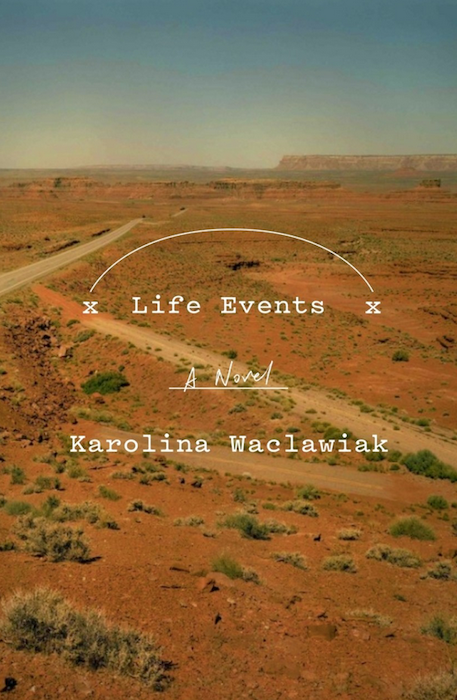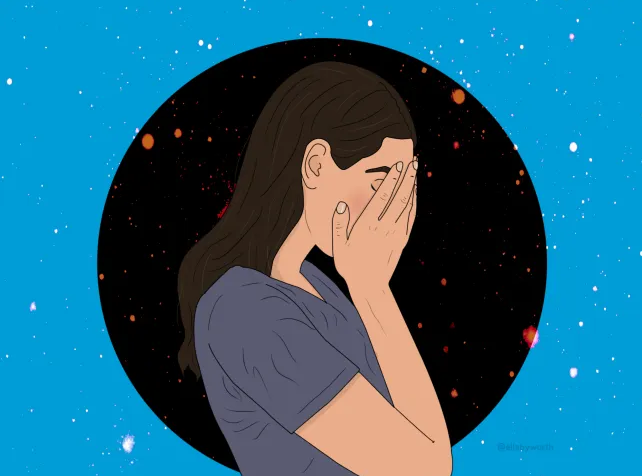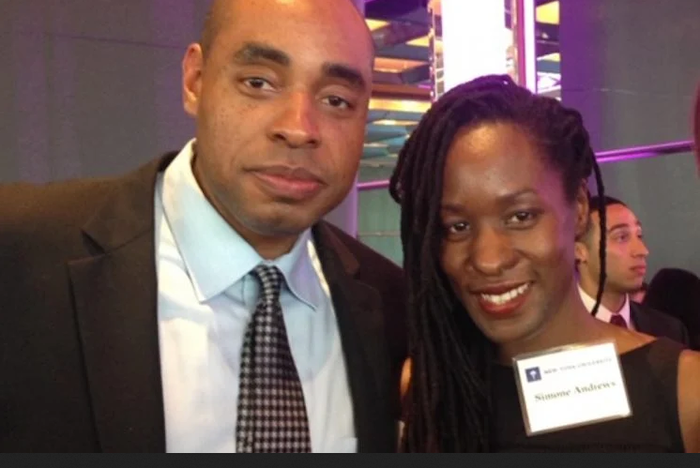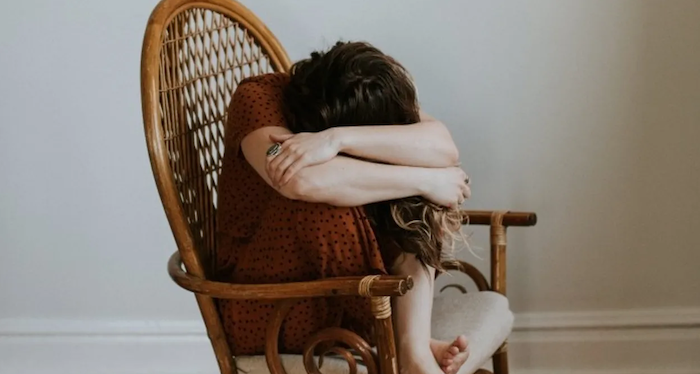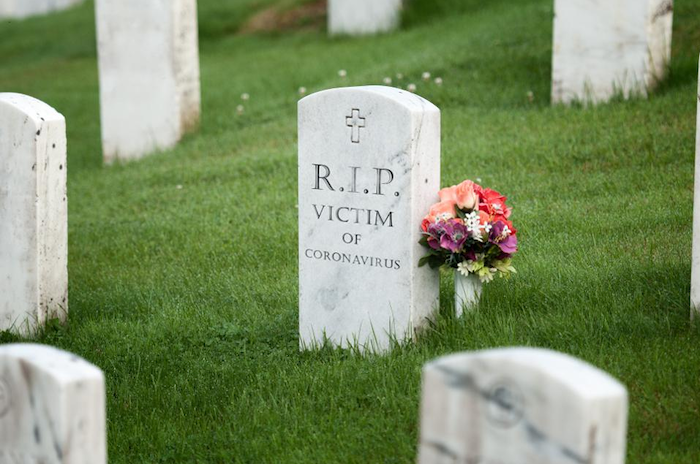
Early on in this pandemic, many found themselves mourning the loss of normalcy that came with abiding by stay-at-home orders to fight the spread of COVID-19. In late March, a Harvard Business Review article explained this constant din of sadness to be grief about the disruption to life as we know it. That was five months ago, though. Even then, while steeped in grief, many still reserved hope that “back to normal” was a stone’s throw away, and hadn’t yet canceled those summer vacation plans or put other long-term life plans on hold. But here we are, still clouded by a mourning that’s grown so pervasive, it’s become more of a prolonged grief that is sadly beginning to feel normal itself.
The prolonged grief of mourning a former way of life isn’t akin to grieving a life, of course. And this means the current situation isn’t necessarily indicative of having prolonged grief disorder, a condition marked by long-term grief in response to the death of a loved one. But, the prolonged grief felt for pre-pandemic life requires navigating a complicated tangle of emotions, nonetheless.
Furthermore, given that the stages of grief already mark a complicated, nonlinear process, how can you mourn something so ongoing and intangible as pre-pandemic life? Below, grief counselor Diane P. Brennan, LMHC, breaks down how to grieve effectively about missing the way things were.
Keep reading 5 tips from a grief counselor for dealing with the prolonged sense of grief about the loss of normalcy during the pandemic.
1. Acknowledge your grief
With so many tragedies transpiring, it may to feel natural to cope by intellectualizing your feelings and essentially disallowing yourself from feeling them. But recognizing that you’re grieving—even if what, specifically, you’re grieving seems silly—is the first step toward moving forward.
“Allow yourself to simply acknowledge that you are grieving, that this is okay and a normal response to an experience that is completely new and unprecedented for the entire world,” says Brennan. “Don’t deny that you miss your pre-pandemic life. Acknowledge that your are grieving and it is a legitimate response to the stressful events happening in the world.”
2. Validate your losses
Take inventory of your losses and seek to understand their dimensions. For example, I recently learned that my favorite pizza spot is shutting down, which led me to feel grief about never having another thin-crust slice with butternut squash, goat cheese, and balsamic drizzle. But upon deeper thought, I realized what I’m really mourning is a space that made family dinners not only tolerable, but throughly beautiful experiences that presented an opportunity to make memories.
“By validating the living losses, we can experience a sense of relief. Allow your grief to be instructive and guide you toward a path of healing.” —grief counselor Diane P. Brennan, LMHC
So, to understand what it is you’re mourning and what primary feelings are being shaken up, do a similar deeper dive into your grief. What are you feeling? Sadness, fear, hurt, frustration? Be curious, and consider breaking out a pen and paper to keep track. “See if you can validate your losses and name them,” Brennan says. “By validating the living losses, we can experience a sense of relief. Allow your grief to be instructive and guide you toward a path of healing.”
3. Use rituals to acknowledge your losses
Across many religions, cultures, and ways of life, certain rituals are often invoked when someone dies, whether it’s a wake, funeral, shiva, memorial, three-paragraph-long Instagram eulogy, or otherwise. These practices honor what has been lost and symbolically mark an ending for those who remain. And the practices can still exist to help cope with living losses and feelings prolonged grief.
“Find ways to create personal rituals to help give meaning to your pandemic losses,” says Brennan. “You can write in a journal about your pandemic experiences; play music that makes you feel connected to your pre-pandemic life; create a collection of items that remind you of your pre-pandemic life and put them in a special place; or find ways to give to your community and make a difference for others in the post-pandemic world.”
4. Create realistic expectations for post-pandemic life
“Although life will be different, it doesn’t mean that it can’t be rewarding and meaningful,” says Brennan. “Begin to work on creating realistic expectations by shifting your mind-set by reimagining the world.”
Statements like, ‘It might be a very different world now, although let’s find new ways to…’ may help you reimagine what life can look like. For example, if you love to travel, you may feel extra frustrated about canceling or postponing all of your upcoming itineraries. But you can engage in new new hobbies, identify new interests, and connect with others in different ways. Maybe you can embrace RV life over jet-setting—which is a different adventure in itself.
5. Address existential concerns
It’s fair to assume that no matter what you had in mind for this year, it’s unfolded quite differently. Whether that means an upended career trajectory, a halted or spurred relocation, a shattered relationship, or actual human loss, resolving these big points of identity-centric existential grief is complicated. But, you can start rebuilding with a grounding mantra.
“Create a phrase or affirmation you can say to help you reconnect to purpose and meaning,” Brennan says. “For example, ‘I know it’s hard to understand how to navigate the uncertainty that the pandemic has brought to the world. It will not last forever, and I will begin to look for new ways to find meaning and purpose in my world.’”
And you will. Even if the way in which life is unfolding feels unfamiliar and scary, know that with every ending comes a new beginning. And with new beginnings come hope.
Complete Article ↪HERE↩!

